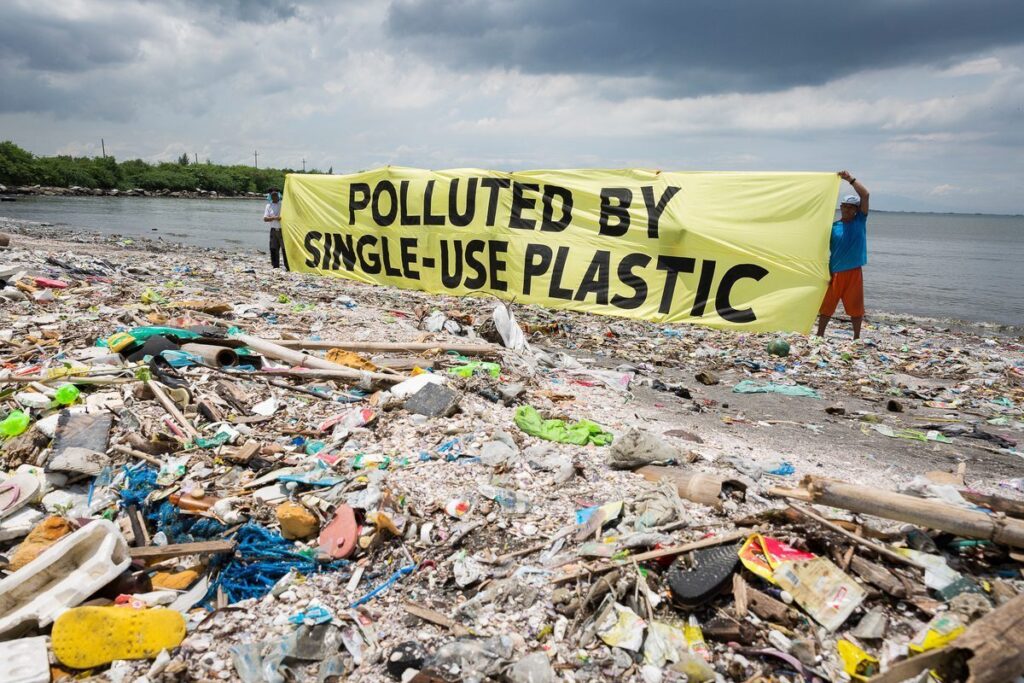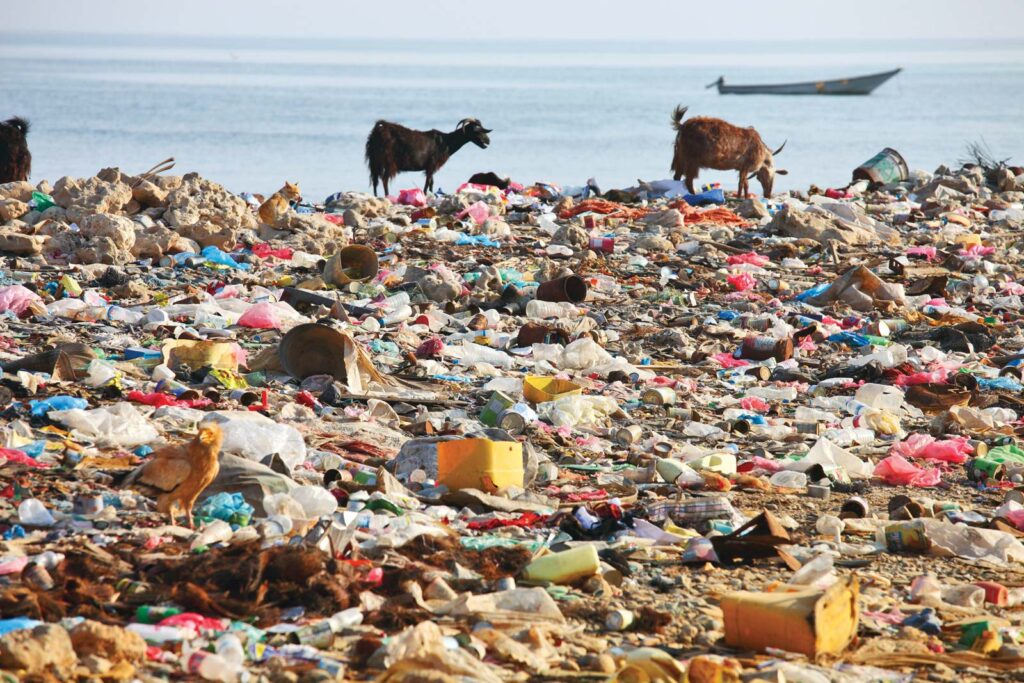
The National Environment Agency on Wednesday expressed concerns about the hazards of plastic pollution on the health of people and animals in the country.
The agency’s programme officer, Sheikh Alkinky Sanyang, said plastic pollution is causing severe environmental and health damage to the nation.
“Plastic bags find their ways to the waters and cause death of juvenile fish. They destroy soil structure by reducing aeration and root penetration,” he said.
He added: “plastic bags cause death of livestock when swallowed and cause huge economic loss to the farmers.”
He scolded vendors still dealing in plastic bags, saying: “some are still dying of its dangers because they have been misused by putting hot foods like ‘ebbeh’, café ‘touba’ which caused release of the chemical content of plastics into the food.”
“National Environmental Agency has been doing several sensitisations on both print and electronic media for a greater understanding and a brooding awareness for all those people living within this country to know that plastic bags are banned in this country simply due to their harmful effects on human health and environment.

“The ban of plastic bags started not yesterday but it was since on the 1st of July 2015 and it is a law that every good citizen should respect, the government did not just jump up to ban single use plastics, they first balance the good, bad and way forward side of it,” he said.
Mr Sanyang however said despite plastic bags are banned that materials for clinical uses are not banned
“There is only one good thing about plastic bags, which is for containment far from that it is very bad for our health and environment, therefore they should be well disposed of after use, people should not use the single ones and vendors can use the other alternatives plastics to package their foods,” he advised.
He urged Gambians especially those who deal with single plastic bags to quit the act for the sake of their health and to protect the environment, “if not Gambia won’t have the future they are hoping for, if plastic continued to pollute the environment”.
Reporting by Adama Makasuba










Recent Comments